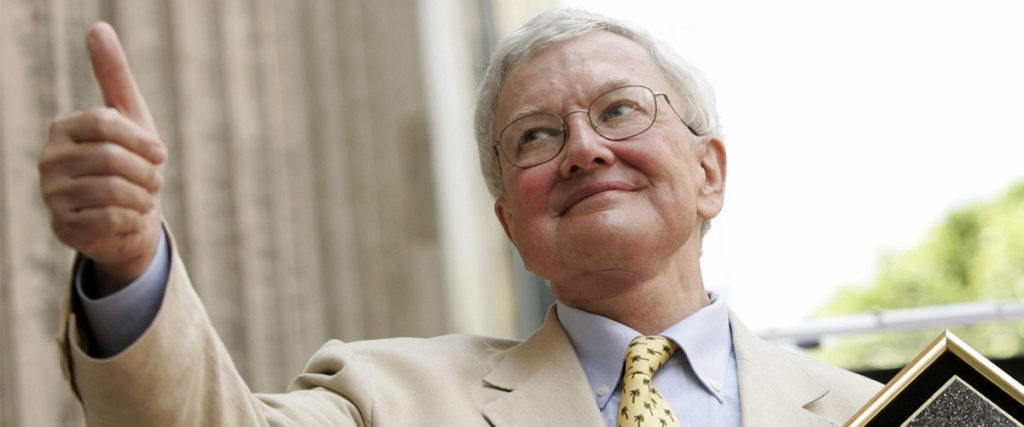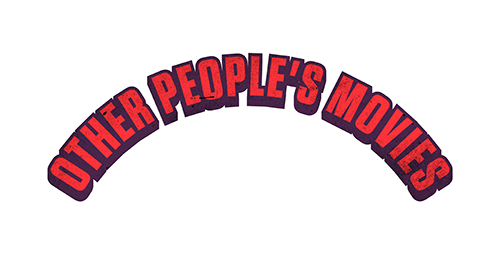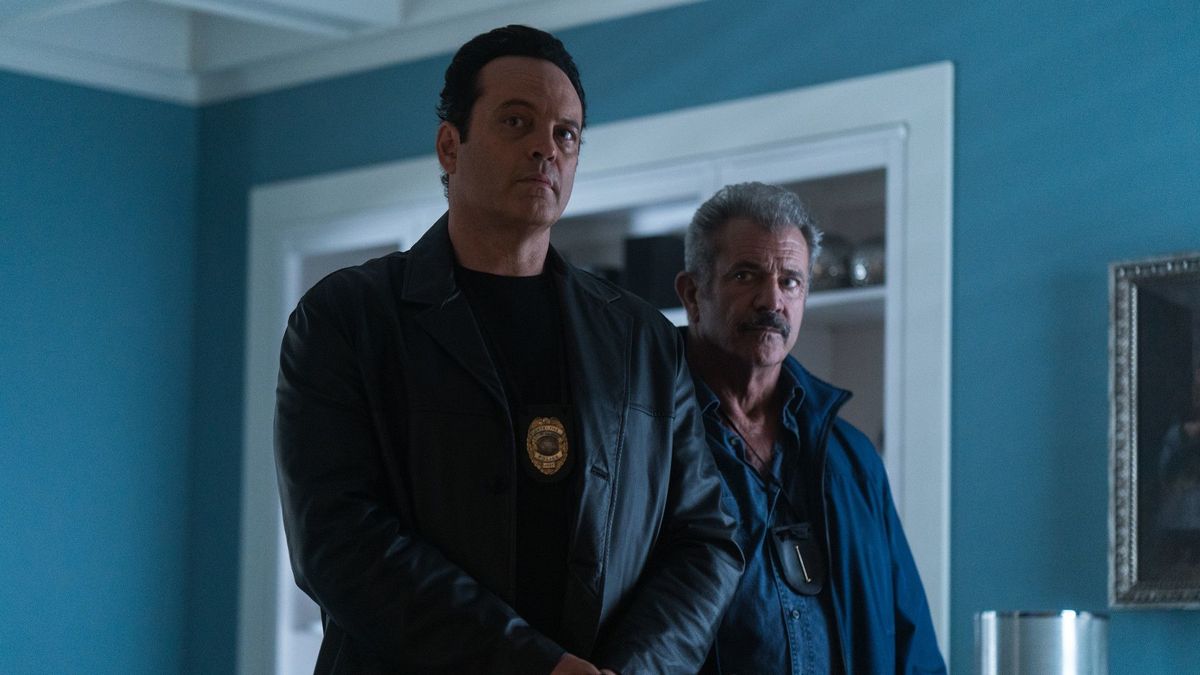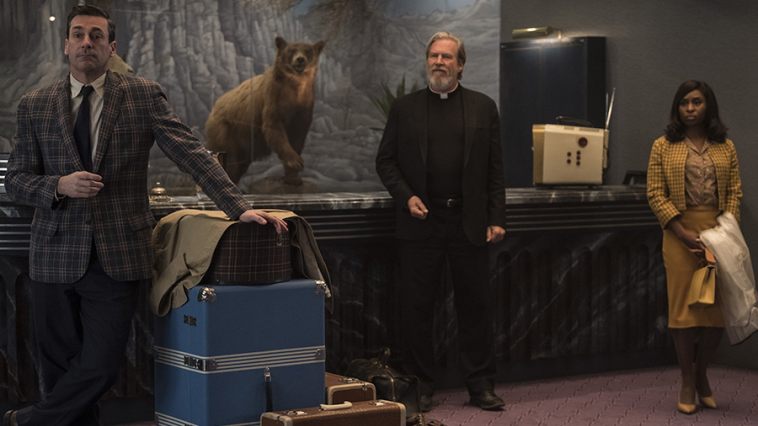
Movies have been my primary focus in life for as far back as I can remember. Since I’m now well into middle-age, it’s probably time to grow up a little bit—or, at least, try to be as productive as I can with my obsession.
I have tried, since graduating from college in 2001, to break into the film business through acting, writing, and independent filmmaking. I have invested thousands of dollars into a career that has paid me very little in return. Not that I’m bitter about it… not that that I’m not, either. Regardless, I still love movies, and, while I may not have a place in the world of filmmaking (not that I won’t keep trying, but that’s another story…), I still care about the work of other filmmakers, I take note of what’s being appreciated and talked about, and I’m excited about the potential progression that can still be made with this relatively new art form.
I love examining movies, I love talking about movies, and I love giving them the time, thought, and observation they deserve. That’s a rarity today, so I suppose that’s why I feel like I have something worthwhile to offer when it comes to criticizing and/or discussing films. When we lost Roger Ebert, we lost the Martin Scorsese of film critics and, unlike the world of filmmaking, there was no Paul Thomas Anderson, Quentin Tarantino, or David Fincher waiting in the wings to take his crown of greatness (though if you want to know my opinion on who could hold that kind of influence and integrity today, I would recommend looking up Nicholas Clement on Facebook).
Ebert was it. The great writers and the great appreciators of film are almost completely gone, now. Ebert took an entire world with him when he passed. Few people today take the time to examine films the way he did. Film, as a result, has become less important, as serious film inspection has now turned into the work of mean-spirited bloggers who are more concerned with showing off clever verbal skills and exhibiting predetermined agendas than with paying proper respect to the collected thousands of man-hours that it takes to complete a film. In most of today’s film reviews, the film being reviewed comes second, and the person doing the talking comes first. Simply put, it’s a sad sign of the narcissistic times in which we’re living.
Everyone is a critic and everyone is a filmmaker today. No one can appreciate anything for what it is, they now force their expectations onto everything they see and tell the world how they’d do it better. The art of stepping into someone else’s shoes has been corrupted. Audiences, in general, have somehow turned into a group of pestering backseat drivers who can’t watch anything without faulting it for not fitting their exact tastes.
I know how stressful, nightmarish, and lonely it can be to make a movie, and I know the patience, focus, and determination it takes to finish one. I’d like to take my experience and perspective, use them to articulate why I do or don’t like a particular film, and, hopefully, find a way to share the things I love with others. At the very least, writing about movies makes me remember why I’ve spent so much of my life watching them and trying to make them, myself. This is an exceedingly easy thing to forget when considering today’s state of movies and the fickle, cutthroat business that creates them.
As jaded as we’ve all become towards them, it’s essential to remember that movies are wondrous achievements that require arduous efforts to be created. Whether or not they’re any good is a matter of opinion and taste, but we are ultimately lucky that they exist at all. Writing about them, in the end, is the most effective way I have found to help communicate the unique importance and irreplaceable power that movies hold.



